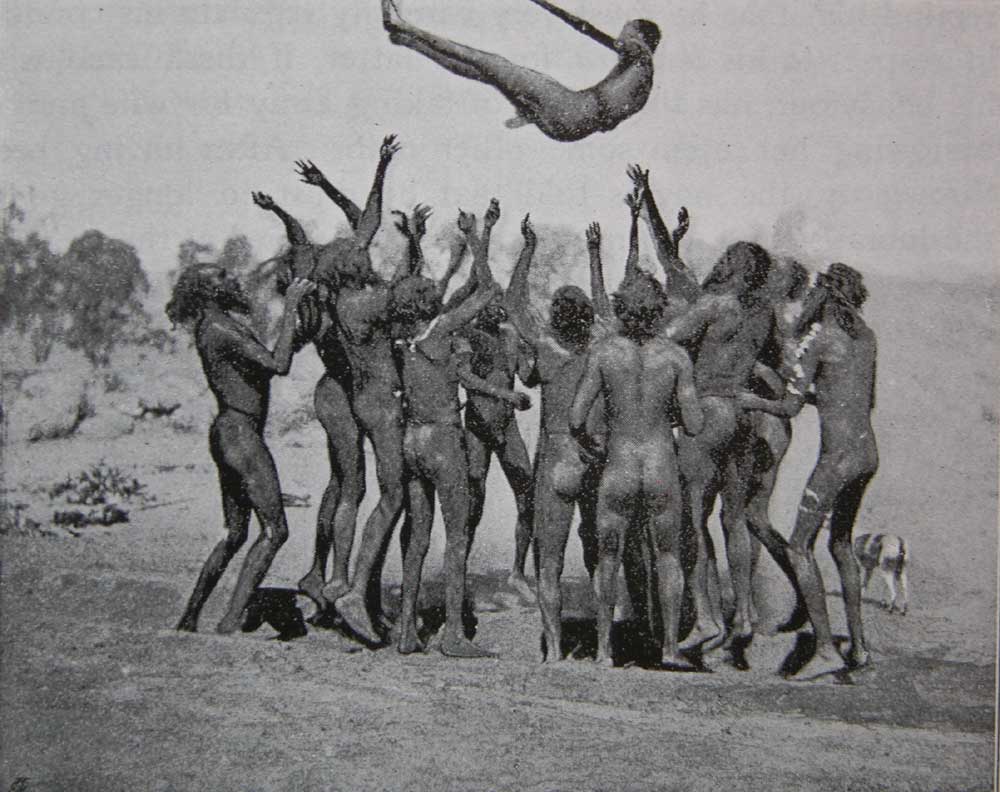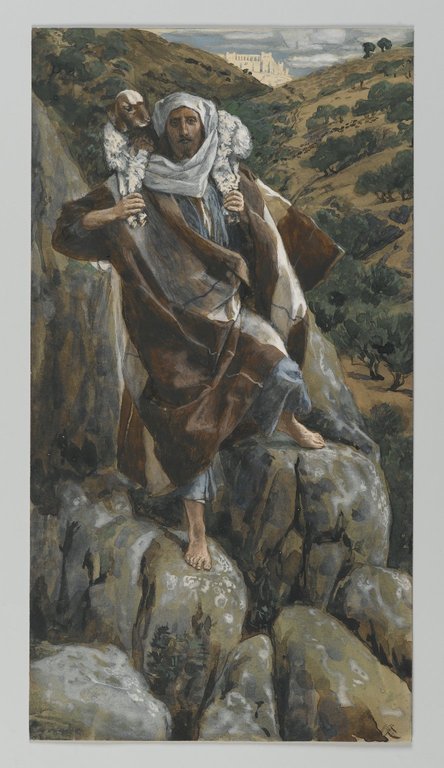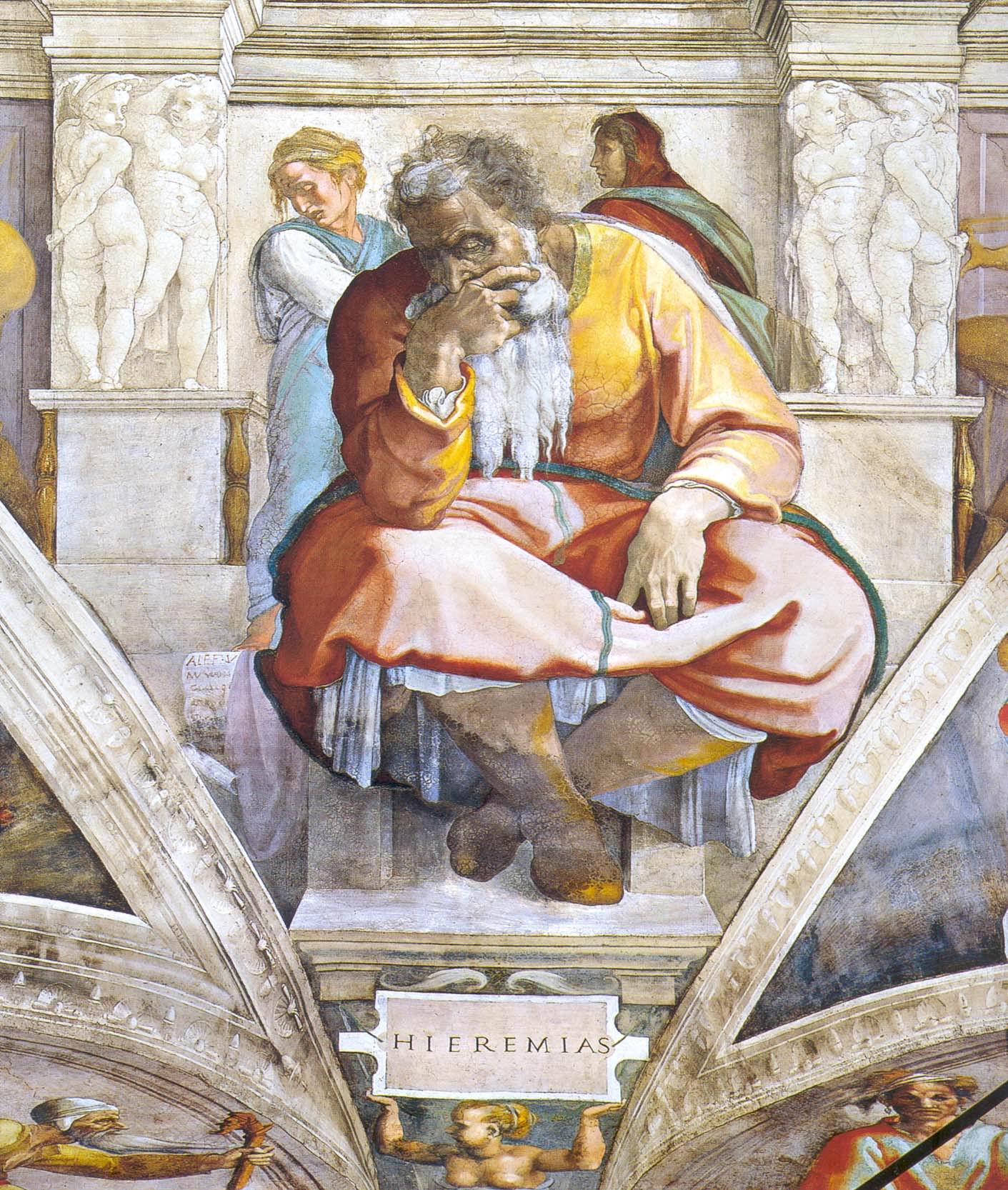Canterbury Cathedral is an awe-inspiring place. If you’re an Anglican, it’s ground zero, the mothership from which what we preach and pray and practice originates. If you’re an American, it seems impossibly ancient. Everything is so much older than what we’re used to, even if you hail from a fairly old place like New York City. There’s history and tradition and cobblestones around every corner.
But Canterbury itself and its towering cathedral with its solemn, moving worship are just a part of the experience. The county of Kent in southeastern England is one of the most beautiful places on earth, a landscape of farmland and fishing villages comprising what’s called ‘the breadbasket of England’. Surrounding Canterbury are hop farms and golden fields of rape. There are conical oast houses, and pathways once trod by Canterbury pilgrims, and little villages in every direction. It was green and gorgeous that summer, glowing in the summer sun under the widest blue sky I’ve ever seen.
A parishioner from the Canterbury Cathedral congregation loaned me a mountain bike for the duration of my stay. So, I was able to cycle about the countryside a little bit, as much as our busy schedule permitted. These little excursions allowed my inner introvert to unwind a bit, and showed me the beauty of Kent up close.
One of the world’s first passenger railways once stretched the great distance of 5 miles from Canterbury to the seaside oystering town of Whitstable on the coast of the English Channel to the north of the cathedral city. The Canterbury and Whitstable Railway became known as the C and W, and later, in that inimitable way the English have with nicknames, became finally the Crab and Winkle. Long since closed, the railway has become a bike path, the Crab and Winkle Way, and it leads from Canterbury, through swaying fields and over the racing highway towards the channel port at Dover, past family farms to the oyster shell strewn beaches of Whitstable.
I spent a free afternoon cycling to Whitstable from Canterbury and back on the Crab and Winkle Way. I had a nice amble around Whitstable, which dates from Roman times. I feasted on the countryside all around me, and got some much needed physical exertion to accompany the mental and spiritual exercises of the Scholars program. But I didn’t quite know how deeply that excursion had etched itself into my unconscious until I took it again last night in my dreams.
+++++++++++++
I am soon to leave one ministry behind and take up another. My husband Denton and I will soon depart Manhattan’s Upper East Side; my term at the Church of the Holy Trinity is at an end. We head for All Saints’ Episcopal Church in Glen Rock, New Jersey, a small suburban town about 20 miles from the city. My ministry is taking a Pythonic twist -- it is now time for something completely different.
Glen Rock is a little town in the north Jersey suburbs with a main street, a borough hall, schools and shops, and trees and lawns -- a short distance, but a far cry from the asphalt and apartment towers of the Upper East Side. The church I’m going to is a lovely midcentury modern affair of a scale to fit the town. I leave behind the beautiful but slightly faded Victorian pile in which I have most recently served; glorious it is, yet troubled by falling plaster and other needed repairs.
For many of my colleagues, moving from a storied, historic city church -- which looks like what we all know a church should look like -- to a suburb, of all things, to take the altar in a modern-looking church of but a few decades tenure is, well, to put it plainly, a bit of a comedown. So many of my fellow city priests have left just such places as Glen Rock to get here, to Manhattan, to be here and live here and minister here, in the big, shining city that never sleeps.
I’ve come to find that I’m of a different mind.
I fell in love with All Saints the minute I saw it. And that surprised me -- taste-wise, give me a Victorian pile any day. But that handsome midcentury church with its brick walls strewn with small, square stained glass windows (a bit of an homage to Corbusier’s Notre Dame du Haut I guessed) had such integrity as it commanded its spot in a triangle formed by suburban side streets. After a drive by the church and through Glen Rock, I couldn’t get them out of my mind.
A few weeks later, I met the churchwardens to discuss my coming to serve All Saints as interim rector. We talked at length about the people of All Saints and the priest they needed, the ministries they held dear, and the work they sought to do in service to God and God’s people. On the way home, I got a call. “Don’t take anything else until you hear from us. We want you, and we’re going to work to make that happen.” Suffice it to say, I’ve never had a less ambiguous response to an interview in my life. So, the feeling was mutual from the get-go.
And now, it seems, my unconscious mind is wrapping itself around the next step in the sojourn the Spirit has set before me.
++++++++++++
I’m not an actor, and I’ve never been part of a theater company. Yet, I dreamed last night that I was in Canterbury again, in an old theater there in which my theater company had long been resident. I can’t quite tell if I was an actor in the company, or the company’s administrator, or perhaps a bit of both. It was a small troupe, that I know; and it was time for the show to close, and the company to move.
I was talking to Cathi Martin. Cathi is a real person who works at Canterbury Cathedral and Lodge. She was the go-to person for we Canterbury Scholars in my time there. She was a rock, capable of answering every question and making endless recommendations of what to do and see in Canterbury and where to get toothpaste. We remain Facebook friends and I’ve learned that she likes cats and classic 70s and 80s rock and roll.
In my dream I was explaining to Cathi that it was time for the theater company to move out of Canterbury, and its not entirely suitable, aging theater there. She was a bit taken aback when I told her that we were moving to Whitstable, of all places.
“Whitstable?!??!! No one moves from Canterbury to Whitstable! Quite the other way around, in fact. Is there even an audience for theater there? Where will you perform? And why in the world would you want to live there too?” I should note here that I haven’t the slightest clue what the real Cathi’s opinion of Whitstable might be. She may, in fact, love the place; but in the dream, she represented and gave voice to the attitudes of a few of my city parishioners and clergy colleagues.
I patiently explained to her that yes, Canterbury was Canterbury, and Whitstable was just Whitstable after all. And for most folks Canterbury was far and away the more desirable of the two. But, I explained, I had fallen in love with little Whitstable, there on the seaside, with the oyster fleets coming and going. And not only that, but there was a beautiful, and new, theater there where my company was to take up residence. All tall glass windows and wood beams and a cantilevered roof that soared out over the sea. And, I noted, it was designed for just the sort of contemporary plays and presentations we now planned to undertake -- it would better serve the work we wanted to be about in the future. “Trust me,” I said, “It may not be for everyone, but for the theater troupe and me, it’s just where we want to be.”
Then the dreamscape switched entirely, and Denton and I were in the dreamt up theater in Whitstable. It seemed that on this night, I was not an actor on the stage, so I could take up a seat in the audience for the performance. As Denton can attest, I’m particular about seating for movies and such. I like to get there early to get my favored spot, midway back on the right aisle, and that’s what we did in the dream. As we moved into our seats, there was a couple seated one row behind us, and one row in front of us. But not in ‘our’ seats, thank God. As I looked again, I saw that the couple behind us was a gay couple too, two men, but quite a bit younger than Denton and me. And then I noticed the couple in front of us, also two men, but quite a bit older than us, well into retirement and out for an evening of theater. As we sat down, I thought to myself, “Yes, this is where we belong, at this stage in our lives… This is just the place for us.”
++++++++++++++
My real life, wide awake journey to Whitstable took place on one of the few free afternoons we had during my time at Canterbury -- the Canterbury Scholars curriculum was a crowded one. But we were all well aware of the break, and had made plans for how to spend the afternoon. Some of us elected to sleep off remaining jet lag. Some of my African colleagues were out to shop, and spent the afternoon loading up on bargains to take home to their families in South Africa and Namibia and Burundi. The Americans I had become friends with had planned a mini-pub crawl for the afternoon that was to begin at Thomas Beckett Pub, of course, and go on from there. I turned down all invitations that day, to get away on my own, to ride my borrowed bike and to find out what might lie at the end of the Crab and Winkle Way.
I’m glad I did.
I don’t always travel the same path as everyone else -- I’ve long known that. Sometimes, it seems like I’m headed in the opposite direction to the way all the world would go. I don’t mind -- such ways suit my somewhat contrarian nature. In the learnings that life brings us, I’ve come to try to have not just the courage of my convictions, but also a respect for my impulses and whims and last minute inspirations. I’ve learned to have an ear for the smaller, quieter call. I’ve learned to follow my nose wherever it might lead me; whether or not my mind or even my heart understands the path my nose seems to know.
So, Glen Rock, New Jersey, here I come. People of All Saints’ Episcopal Church, I’m on my way to you. I’ll be there soon enough; the traffic is less heavy leaving the city than that which clogs the roadways leading into it. Suits us just fine, I expect.
In my time among you, you may catch me looking wistful on occasion. You may see me with a faraway look in my eye from time to time. I don’t expect it will be reveries of the city I now leave behind that have caught up my thoughts. It might be the briny smell of the English Channel in my nose, and the crunch of oyster shells under my feet… the call of the seagulls that I hear and the wide blue dome of sky over golden fields that shines in my unfocused eyes.
© The Rev. Mark R. Collins











.jpg)

















